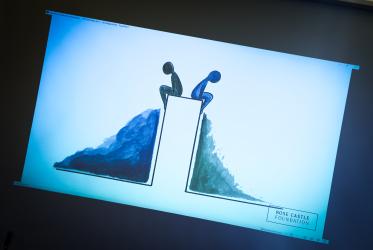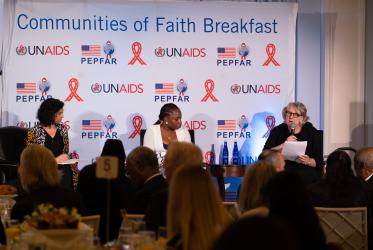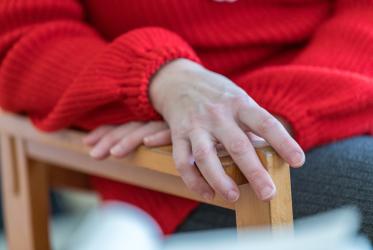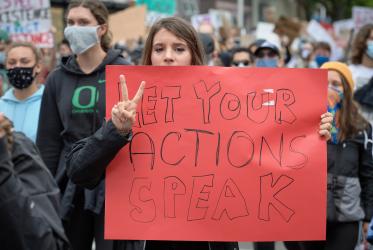Displaying 1 - 20 of 183
"Mental health is a universal human right" - 13th Global Ecumenical Health Network Meeting
11 October 2023
Online
NIFEA group calls for reimagined global financial alternatives
21 September 2023
HIV dan AIDS, Jejaring Masyarakat Sipil serta Sektor Lintas Agama
Pelajaran dari keterlibatan strategis di Indonesia, India, Republik Dominika, dan Jamaika
13 February 2023
Redes de la sociedad civil en VIH y SIDA y actores religiosos
Lecciones aprendidas del involucramiento estratégico en la India, República Dominicana, Indonesia y Jamaica
07 February 2023
HIV and AIDS Civil Society Networks and the Faith Sector
Lessons Learnt from Strategic Engagement in India, Dominican Republic, Indonesia, and Jamaica
31 January 2023








